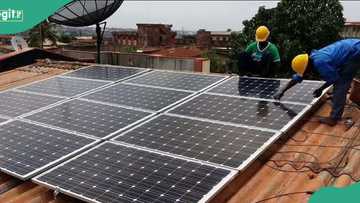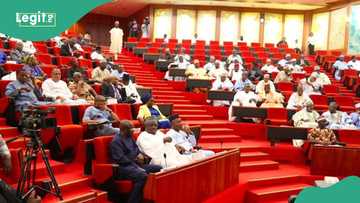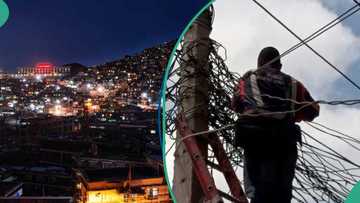Nigerians Protest as FG Moves to Ban Importation of Solar Panels
- Stakeholders have expressed concerns about the federal government's alleged plan to ban the import of solar panels
- This occurred after the FG earlier announced intentions to ban the importation of solar panels in the country
- Analysts caution that businesses investing in solar energy solutions may have operational challenges
Don't miss out! Join Legit.ng's Sports News channel on WhatsApp now!
Legit.ng journalist Zainab Iwayemi has 5-year-experience covering the Economy, Technology, and Capital Market.
Concerns regarding the federal government's purported proposal to prohibit the importing of solar panels have been voiced by stakeholders and economic analysts.
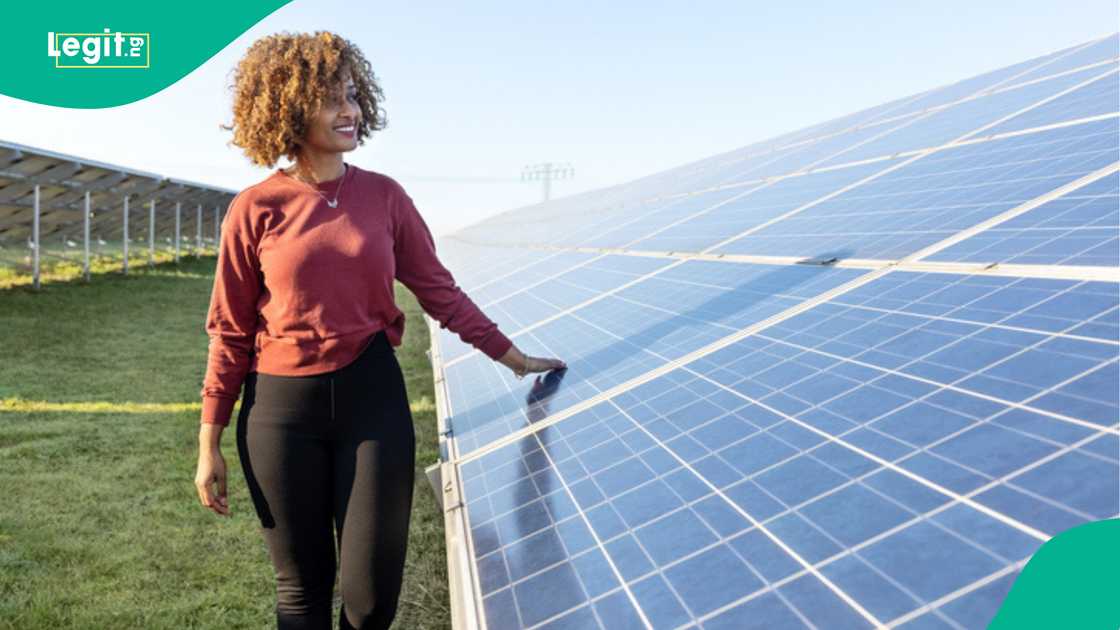
Source: Getty Images
In an effort to boost domestic production and hasten the country's transition to renewable energy, the federal government earlier announced intentions to ban the importation of solar panels.
Presidential Executive Order No. 5, which gives local content in the fields of science, engineering, and technology priority, is likewise in line with this.
Daily Trust reported that Uche Nnaji, Nigeria's minister of science and technology, emphasized the country's ability to manufacture its own solar panels, with the National Agency for Science and Engineering Infrastructure (NASENI) being a major player in domestic production.
“We have lithium in abundance here in Nigeria, so Mr President is already taking action. We are adding value to our raw materials. The lithium we have here will be processed and used as batteries for vehicles,” he said.
How experts react
However, analysts warn that firms who have made investments in solar energy solutions could face operational difficulties as a result of the strategy.
While strongly opposing the policy proposal, the Centre for the Promotion of Private Enterprise (CPPE) voiced concerns about the statement attributed to the minister.
Nigeria now has one of the poorest energy accesses, with per capita electricity consumption of roughly 160kWh, significantly below the sub-Saharan norm of 350Kwh, according to Dr. Muda Yusuf, Director/CEO of the CPPE, who provided justifications for this.
According to him, the adoption of the solar energy solution “is one of the most impactful government initiatives to tackle this problem and it has gained remarkable traction.”
Given the starkly insufficient domestic production capability, the CPPE said that prohibiting the export of solar panels would exacerbate the nation's energy crisis.
Move expected to worsen energy access
The government's policy to encourage and deepen the use of renewable energy solutions by homes, small companies, rural communities, government institutions, and other corporate organizations is completely negated, according to Dr. Muda.
The previous two years have seen a remarkable acceleration of the use of solar solutions, particularly given the economy's skyrocketing energy costs.
The statement added:
“It would worsen the problem of energy access as it would make the cost of solar energy solutions prohibitive, putting it beyond the average Nigerian.
“The welfare cost of a ban on the importation of solar panels would be incredibly high as a result of the escalation in the cost of acquiring solar solutions.
“It is bad enough that the current cost of acquisition of solar energy solutions is quite exorbitant. What is desirable at this time is to seek ways to drive affordability, rather than escalate costs.”
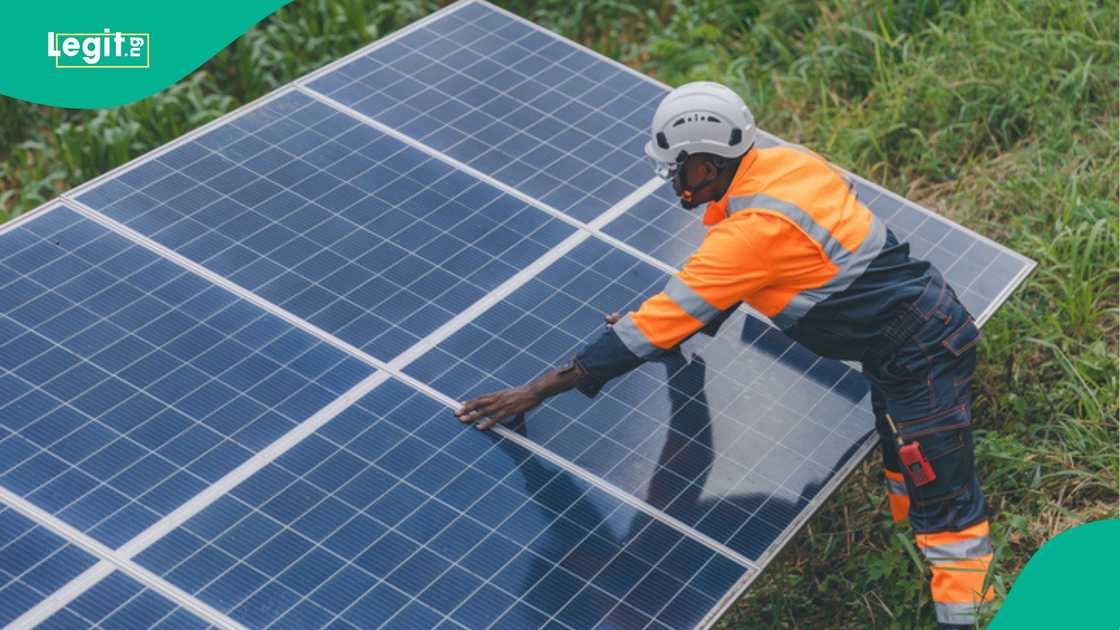
Source: Getty Images
However, given the severe energy need in the economy and the obvious domestic capacity constraints for solar panel production, the CPPE reaffirmed that Nigeria is not ready for a ban on solar panel imports.
“The CPPE recommends that the government should rather support investors in the solar panel production with robust fiscal and monetary incentives – tax incentives, tariff concession on intermediate products and concessionary long-term financing at a single-digit interest rate.
“Meanwhile, the CPPE urges the government to cut the import duty on batteries, inverters and wind turbines to 5%. This would significantly improve energy access, energy security and productivity in the economy.
Solar panel factory opens in Lagos
Legit.ng reported that LPV Technologies, a Nigerian solar energy company, has opened a new solar panel factory in Lagos.
The company is urging the government to ban the importation of solar panels to encourage local production.
Nigeria struggles with energy shortages, as only about 60% of the country has access to electricity. Solar power is seen as a good alternative, especially for rural areas.
PAY ATTENTION: Сheck out news that is picked exactly for YOU ➡️ find the “Recommended for you” block on the home page and enjoy!
Source: Legit.ng



